Europe
Some of Europe’s most famous leaders govern in the early modern period. Napoleon, Peter the Great, and Charles XII change and challenge Europe. Religion and religious ideas are transformed as new ideas move across Europe developing science, economics and culture, all of which are covered in this section. Read more
Sort by:
Date (Newest first) | Title A-Z
Show:
All |
Articles |
Podcasts |
Multipage Articles
-
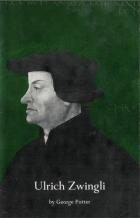
Ulrich Zwingli
ArticleClick to view -
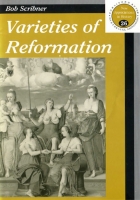
Varieties of Reformation
ArticleClick to view -
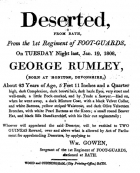
Wellington's Soldiers in the Napoleonic Wars
ArticleClick to view -

What did it mean to be a city in early modern Germany?
ArticleClick to view -
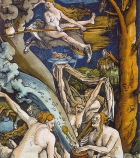
Why did regional variations exist in the prosecution of witches between 1580-1650
ArticleClick to view -
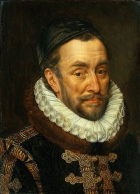
William the Silent and the Revolt of the Netherlands
ArticleClick to view -

William the Silent: the first tolerant Prince
ArticleClick to view

